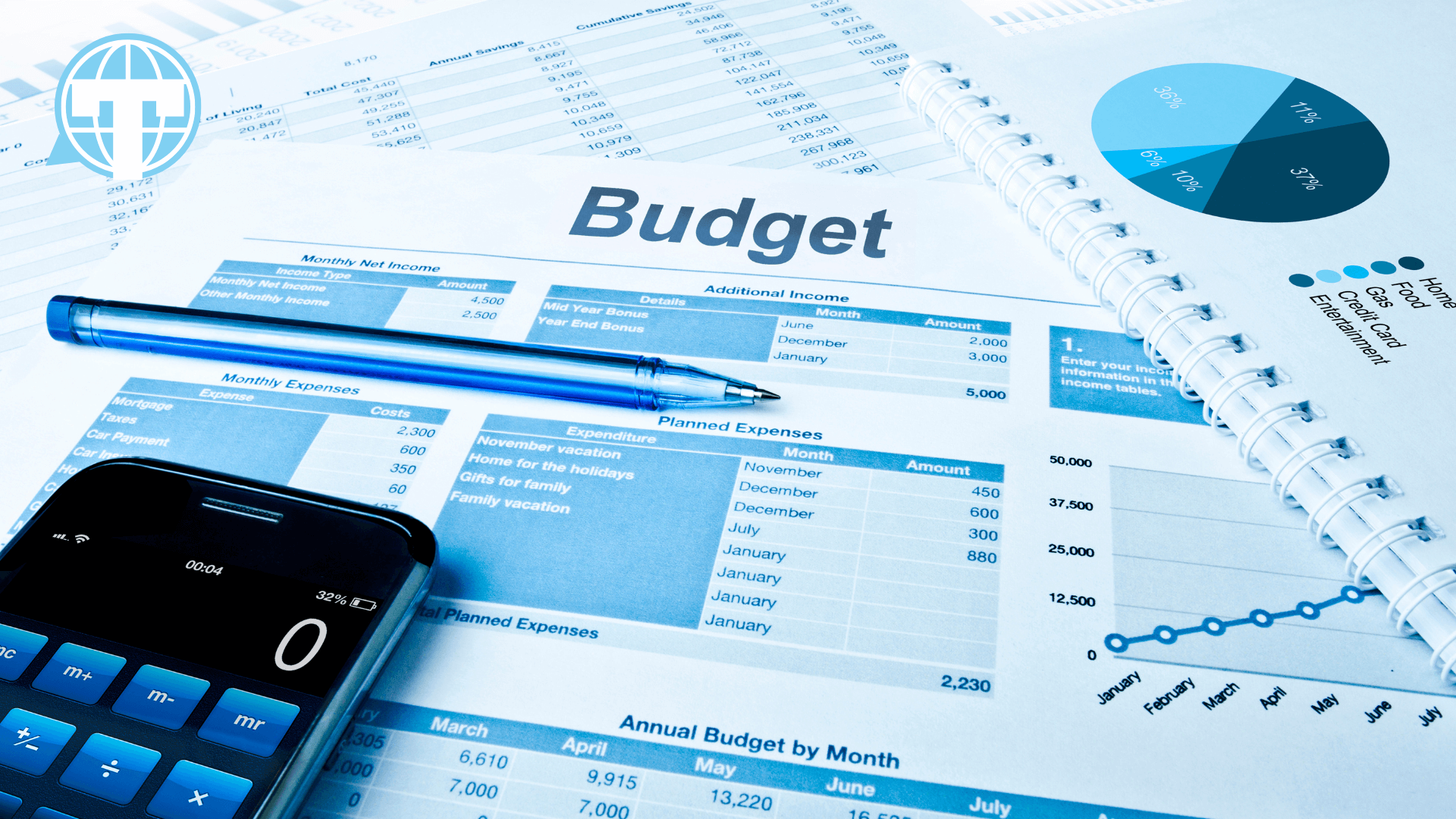Virtual Assistant Help & Insights
What Does a Virtual Assistant Do? 6 Powerful Tasks to Boost Your Business
What does a virtual assistant do? Learn the essential tasks VAs handle—like admin, social media, and design—so you can focus on growing your business.
Read MoreFind Your Perfect VA Match
Fill out the form below so we can connect you with a skilled Virtual Assistant based on your needs and goals.
What Are Emergency Funds Used For: 7 Powerful Reasons You Can’t Ignore in 2025

Many people ask, what are emergency funds used for? Emergency funds are reserved savings set aside to cover unforeseen expenses, providing a financial safety net. They protect you from debt, financial stress, and sudden disruptions in income or lifestyle. From medical emergencies and urgent repairs to unexpected travel or job loss, these funds help you manage life’s surprises without compromising your financial goals. In this article, we’ll explore 7 critical reasons why emergency funds are essential, ensuring your finances remain secure in 2025 and beyond.
1. Covering Medical Emergencies
Unexpected medical costs, such as hospital visits, surgeries, or prescription medications, can be significant. Even with health insurance, co-pays and deductibles add up quickly. A well-funded emergency fund ensures you can manage medical expenses without taking on high-interest debt or delaying care. According to Investopedia, people with emergency savings handle health-related expenses more effectively.
2. Handling Job Loss or Reduced Income
Job loss or a sudden reduction in income can be financially stressful. An emergency fund acts as a buffer, covering essentials like rent, utilities, and groceries. Financial advisors recommend saving 3–6 months of living expenses to safeguard against income interruptions. For guidance on budgeting to build your emergency fund, see Topicsphere.
3. Managing Home or Car Repairs
Major home or car repairs can occur without warning. Issues like a leaking roof, plumbing problems, or vehicle breakdowns are costly and time-sensitive. Emergency funds allow you to handle these repairs promptly, avoiding credit card debt or high-interest loans. For more tips on emergency savings for repairs, visit NerdWallet.
4. Covering Unexpected Travel Needs
Emergencies sometimes require immediate travel, such as visiting a hospitalized relative or attending to family crises. Having an emergency fund ensures you can cover travel expenses, accommodation, and related costs without dipping into your regular budget. This approach prevents debt accumulation and provides a faster solution than relying on credit cards.
5. Paying Essential Living Expenses
Unexpected bills, childcare emergencies, or urgent household needs can disrupt your monthly finances. An emergency fund allows you to meet these essential expenses without compromising long-term savings or retirement plans. For more budgeting strategies to include savings, check The Balance.
6. Avoiding High-Interest Debt
Using credit cards or loans for unforeseen expenses can create long-term financial problems due to high-interest rates. An emergency fund acts as a proactive financial cushion, helping you maintain stability. According to the Federal Reserve, having a solid emergency fund reduces dependency on high-interest borrowing and strengthens financial resilience.
7. Ensuring Peace of Mind
Financial preparedness goes beyond money — it provides emotional security. Knowing you have a safety net reduces stress and anxiety, allowing you to make better decisions and stay focused on long-term goals. Peace of mind is one of the most important benefits of maintaining an emergency fund, empowering you to respond confidently to any situation.
How to Build an Emergency Fund Effectively
Building an emergency fund requires planning and discipline:
- Start small but stay consistent: Automate transfers to a separate savings account; even modest amounts add up over time.
- Set clear goals: Aim to save 3–6 months of essential expenses for true financial protection.
- Keep it accessible: Use a separate account that is easy to access in emergencies but not linked to daily spending.
Following these strategies ensures your emergency fund grows steadily without affecting daily finances. For a detailed step-by-step budgeting plan, visit Topicsphere.
Conclusion
Understanding what are emergency funds used for is crucial for financial stability. Emergency funds are essential for covering medical emergencies, income interruptions, urgent repairs, unexpected travel, and essential living expenses. They also prevent high-interest debt and provide peace of mind. In 2025, prioritize building or replenishing your emergency fund to protect both your finances and mental well-being.
Related Articles
Cash Emergency Fund: 7 Powerful Tips to Protect Your Finances in 2025
Build a cash emergency fund with 7 practical steps to cover unexpected expenses, reduce stress, and secure your financial future...
Read MoreWhen to Use Emergency Fund: 7 Powerful Situations That Could Save Your Finances
Know exactly when to use emergency fund with these 7 critical situations to protect your finances and avoid unexpected debt.
Read More10 Powerful Budgeting Tips for Low Income Families to Transform Finances in 2025
Manage your money smarter with 10 practical budgeting tips for low income families to reduce stress, save more, and gain...
Read MoreHow to Make a Budget Step by Step (7 Proven Steps for Beginners to Succeed)
Master how to make a budget with 7 proven steps. Take control of your money, cut stress, and start reaching...
Read More



